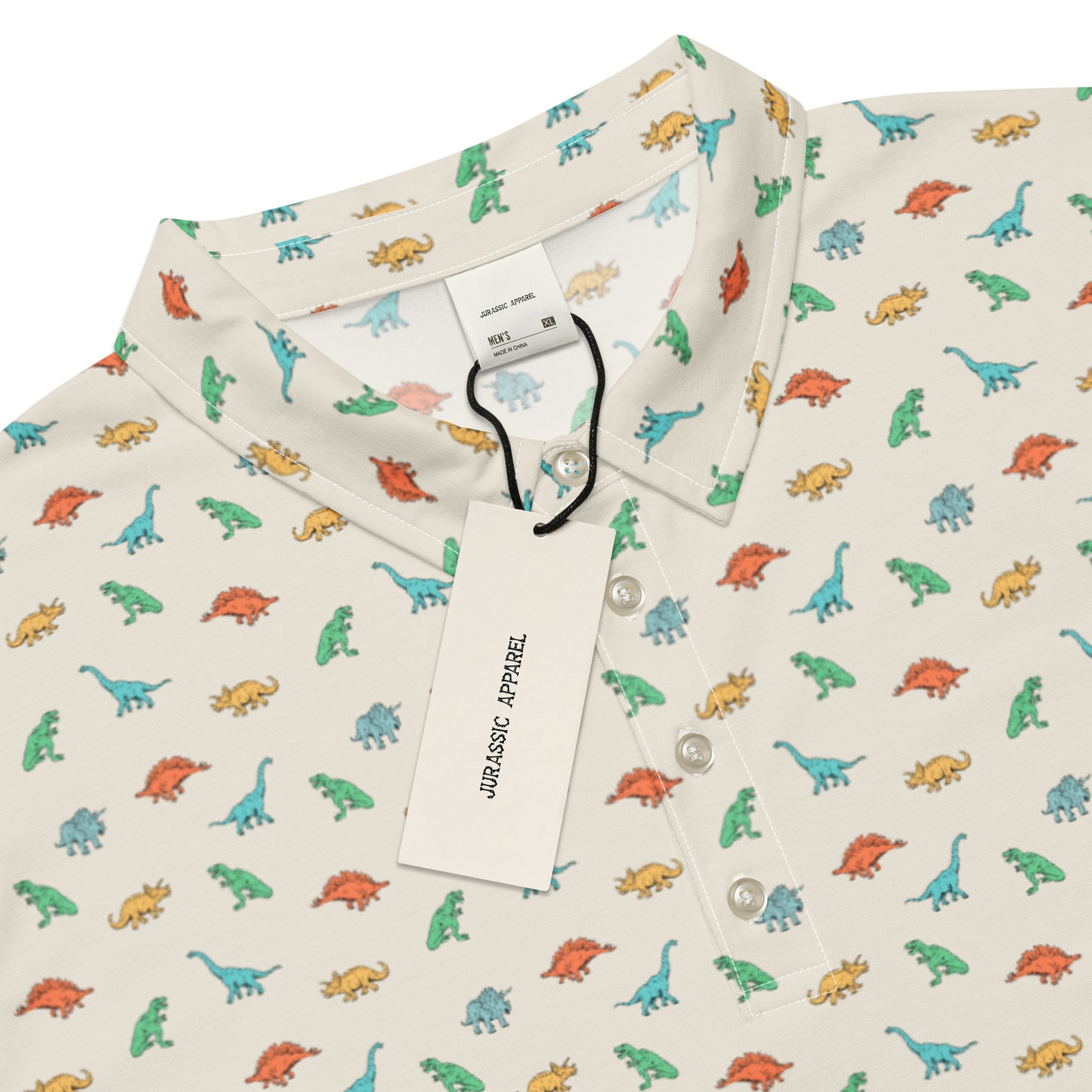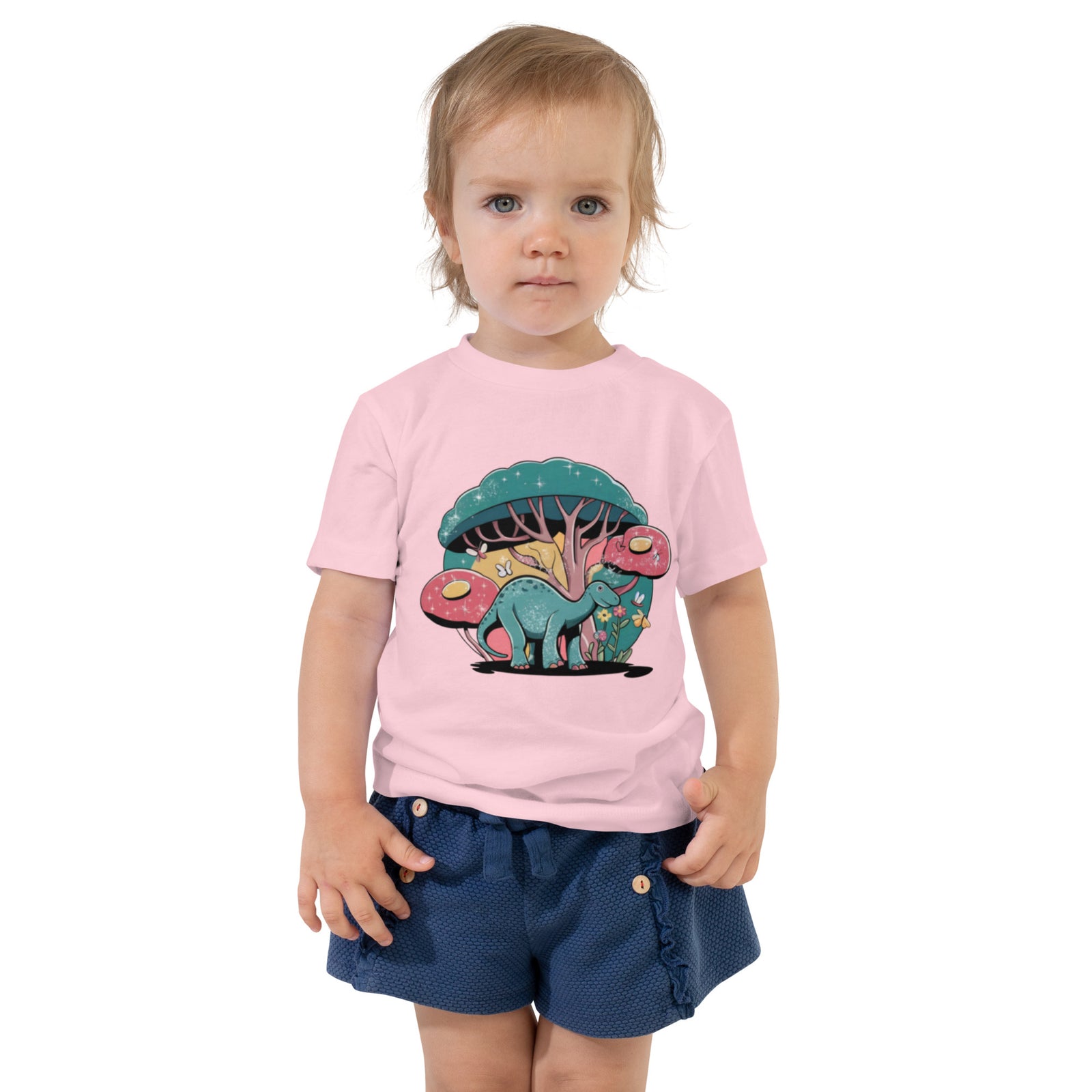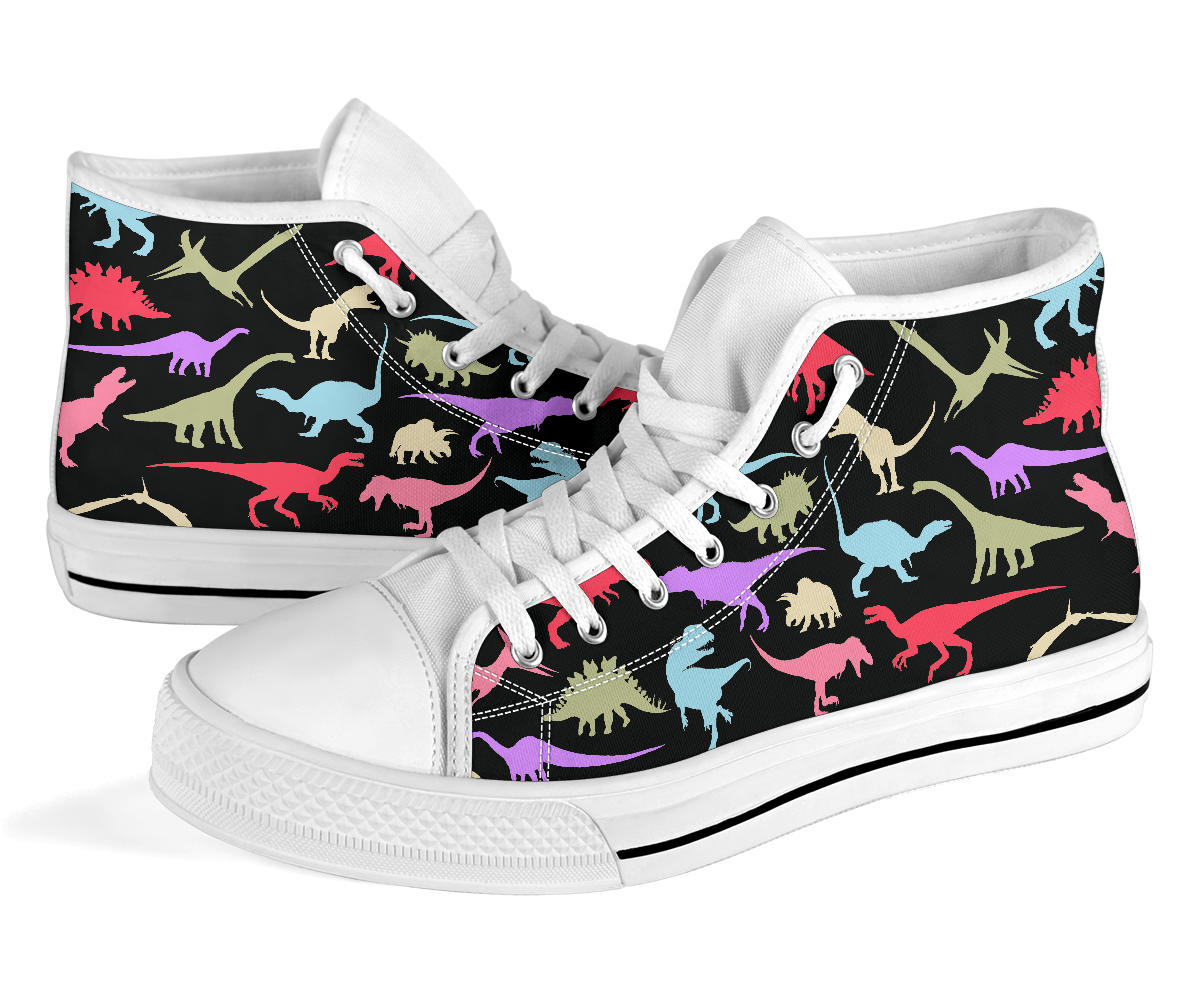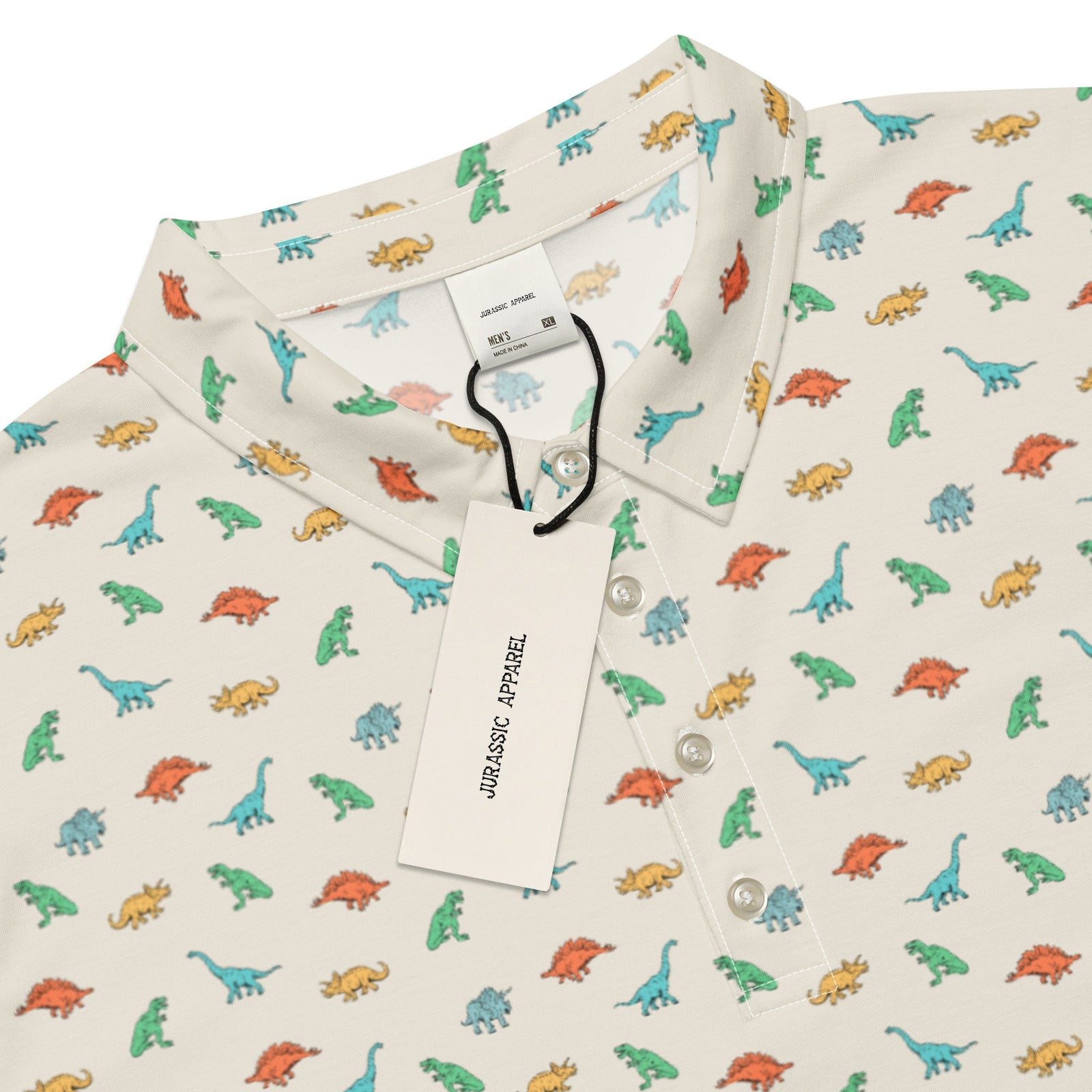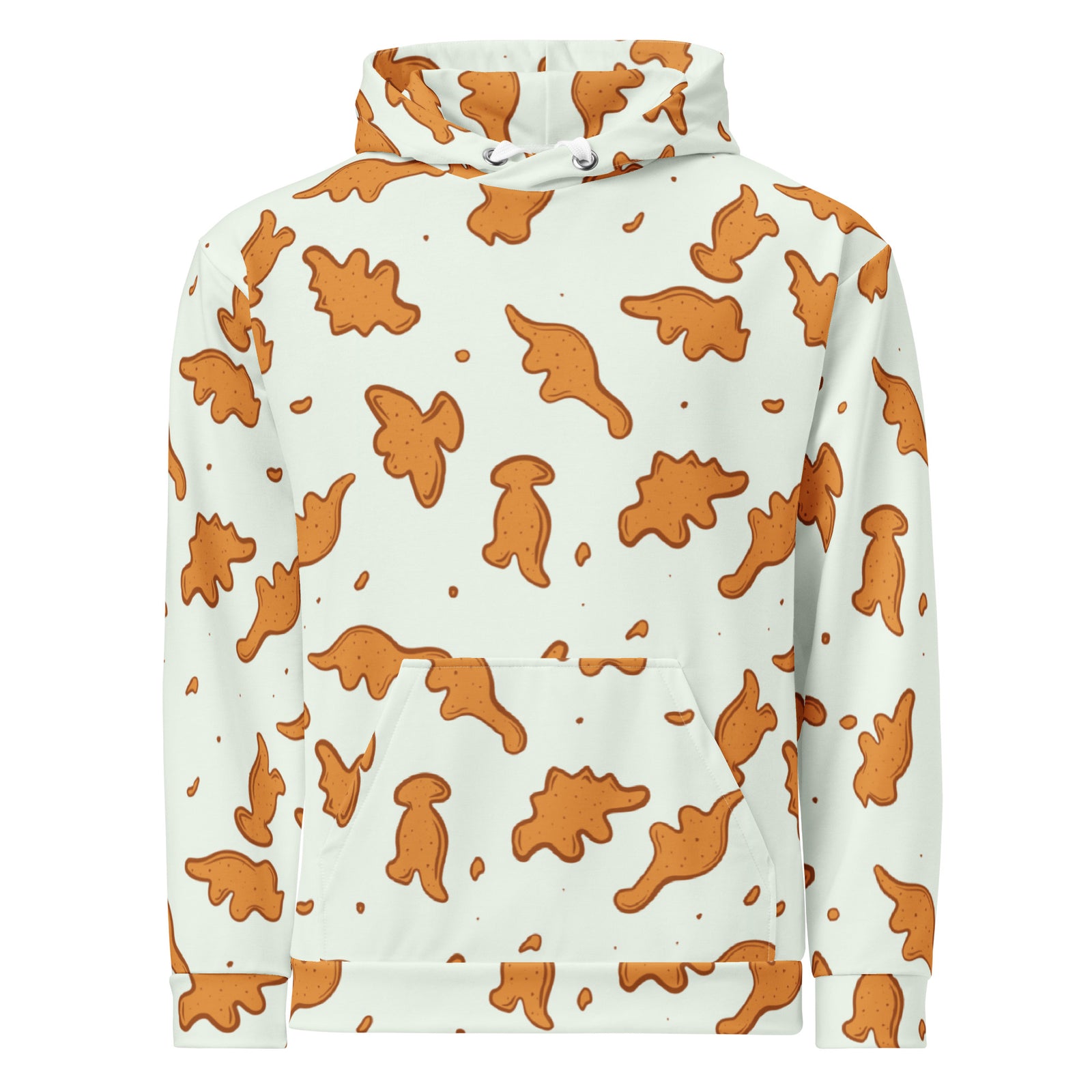Free Shipping On Orders over $75
Free Shipping On Orders over $75
Women's
Men's
Kids
Baby/Toddler
Accessories
Pachycephalo-saurus
August 09, 2024 2 min read

(AI Interpretation)
Pachycephalosaurus: The Dome-Headed Dinosaur
Dinosaur Facts:
- Dinosaur Type: Ornithischian
- Period: Late Cretaceous
- Diet: Herbivore
- Length: Approximately 15 feet (4.5 meters)
- Height: 5 feet (1.5 meters)
- Weight: Around 1,000 pounds (450 kg)
- Notable Features: Thick, domed skull; bipedal stance; potential for head-butting
Pachycephalosaurus for Kids
Meet Pachycephalosaurus!
Pachycephalosaurus, often referred to simply as “Pachy,” was one of the most unique dinosaurs that roamed the Earth during the Late Cretaceous period. Its name means "thick-headed lizard," which perfectly describes its most distinctive feature - a dome-shaped skull.
What did Pachycephalosaurus look like?
Pachycephalosaurus had a robust body built for stability and power. Its skull was extremely thick, believed to be around 10 inches (25 cm) in some specimens, which likely contributed to its ability to engage in head-butting behavior. Its legs were strong and built for running.
What did Pachycephalosaurus eat?
Being a herbivore, Pachycephalosaurus primarily fed on low-lying vegetation such as shrubs and ferns, using its beak-like mouth to grasp and chew the foliage.
In-Depth Look at the Pachycephalosaurus
Anatomy and Physical Features
Pachycephalosaurus is known for its distinctive dome-shaped skull, which may have been used in mating displays or territorial fights. Its skeleton indicates a fully bipedal dinosaur, which may have allowed it to run gracefully despite its heavy head.
Behavior and Habitat
Fossils of Pachycephalosaurus suggest it inhabited diverse environments ranging from forested areas to open plains. It likely lived in groups, which may have offered protection from predators.
Scientific Discovery and Research
Pachycephalosaurus was first discovered in the mid-20th century in North America. Ongoing research continues to provide insights into its lifestyle and behavior. Recent studies using advanced imaging technology have revealed new aspects of its skull structure.
Social Behavior and Foraging Techniques
Due to their potential for head-butting, it's believed that Pachycephalosaurus engaged in social interactions that included displays of strength and dominance. Their herbivorous diet meant they did not hunt, but they engaged in foraging behaviors to find food.
Pachycephalosaurus in Popular Culture
Pachycephalosaurus has captured the imagination of many dinosaur enthusiasts. It has made appearances in various documentaries and children's programs, often portrayed as an aggressive yet intriguing creature due to its distinctive headgear.
Ongoing Research and Discoveries
Researchers continue to uncover fossils and study existing specimens, providing more detailed insights into its biology and ecology. Studies often focus on its growth patterns and behaviors, revealing how these dinosaurs may have interacted with their environment.
Conclusion
Pachycephalosaurus remains a fascinating subject in paleontology, and as new discoveries emerge, our understanding of this unique dinosaur continues to evolve. Its remarkable features and behaviors exemplify the diversity of life that once inhabited our planet.
For more insights into this fascinating dinosaur, check out sources such as:


